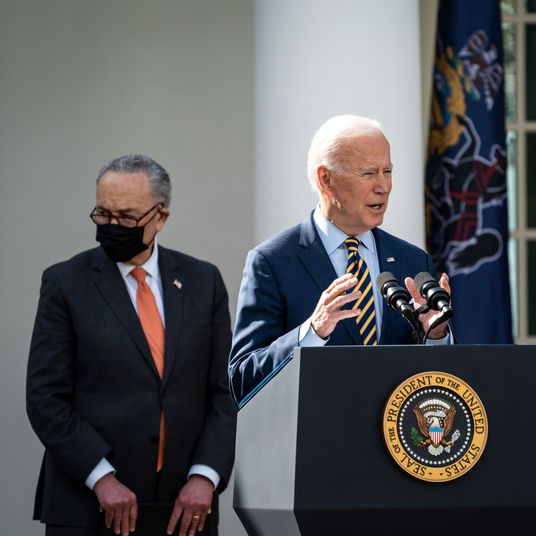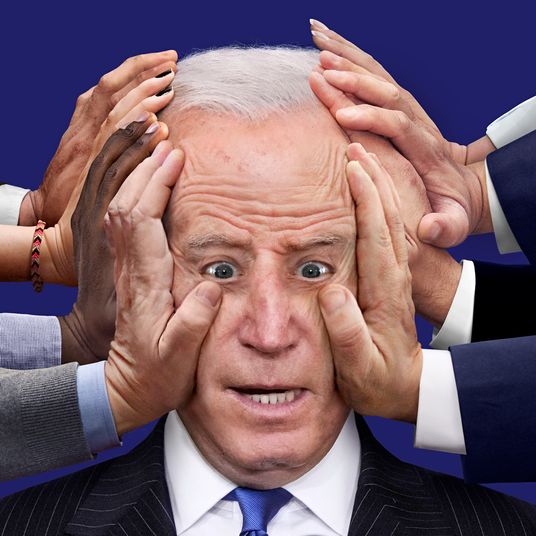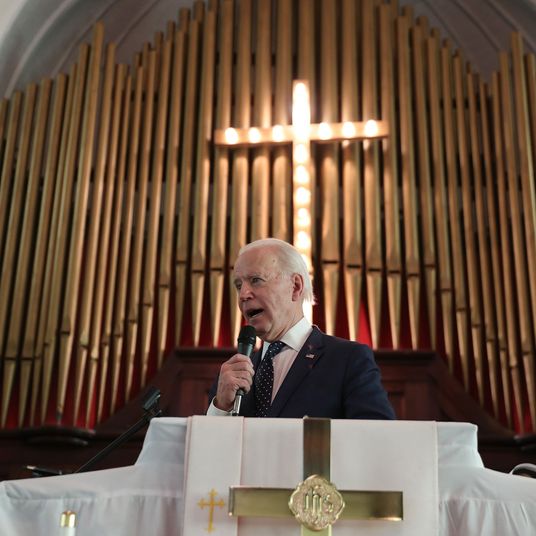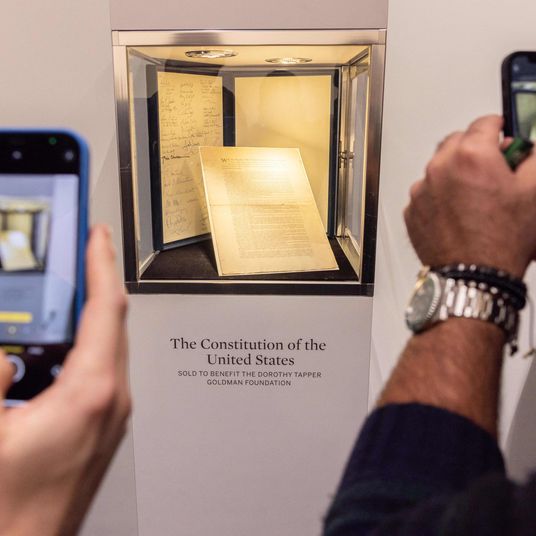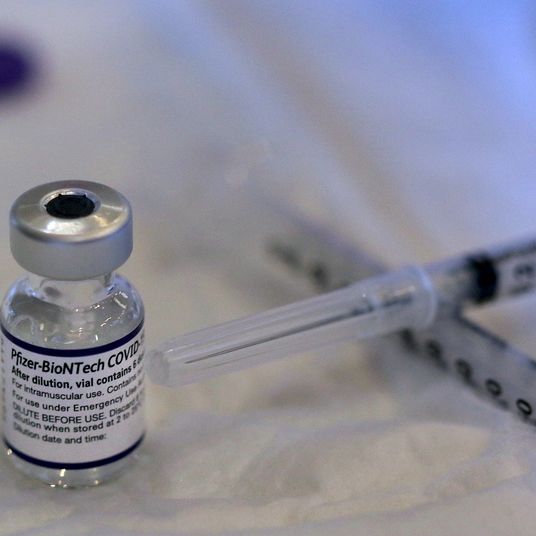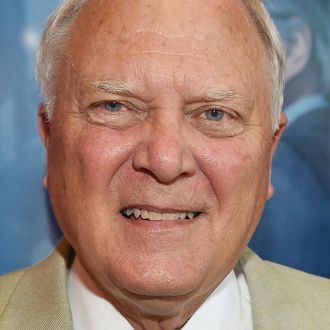
Consumers of popular culture may have noticed a Georgia peach logo appearing in the closing credits of many TV shows and movies in recent years. And the Peach State has become a very popular location for Hollywood productions, including such high-profile enterprises as TV’s The Walking Dead, in which the state’s people and piney woods have become important extras, and movies like Ant Man and the Hunger Games franchise. This isn’t happening because the ATL is hip or even because labor costs are relatively low. No, the state of Georgia has become a leader in the nationwide epidemic of state programs that bribe production companies with lavish subsidies styled as “tax credits.” It’s becoming a regular amusement to watch right-wing politicians who blame Hollywood and its godless liberals and Jews for poisoning American culture turn around and offer to help pay for all the filth so long as it is produced locally. But one of them, Georgia Governor Nathan Deal, is now being confronted very directly with the contradiction.
Deal is a big fan of Georgia’s film program, which offers production companies up to 30 percent of their total costs in tax credits that happen to be transferable — which means they are marketable on private exchanges for sale to those with state tax liabilities. In other words, Georgia taxpayers are directly subsidizing film costs to the tune of an estimated quarter-billion dollars. The usual supply-side arguments are offered to claim that the subsidies pay for themselves, but then again not many other industries are told the government will pay for close to a third of their cost of doing business. At some point it surely becomes more efficient for the public sector to just hire people without going through the middle man.
Without question the glamour of seeing one’s city or state on the small or silver screen makes this particularly crude corporate subsidy more palatable to the people footing the bill. But totally aside from the cost-benefit arguments, the opportunities for kickbacks and other graft are pretty steep when state bureaucrats are put in the position of signing off on big write-offs for major film and TV projects. People have gone to the hoosegow over film credits in more than one state, and the associated corruption convinced Iowa to shut down its program altogether. Yet Hollywood has not at all been reluctant to strong-arm cities and states to engage in a race-to-the-bottom over subsidies.
And that’s what makes the growing Hollywood threat to boycott Georgia over a pending “religious liberty” law that’s on the governor’s desk so interesting.
Disney and its Marvel Studios film unit will not shoot future movies in Georgia if a controversial bill that critics contend would legalize anti-gay discrimination is signed by that state’s governor.
“Disney and Marvel are inclusive companies, and although we have had great experiences filming in Georgia, we will plan to take our business elsewhere should any legislation allowing discriminatory practices be signed into state law,” a company spokesman said Wednesday.
Marvel has filmed such movies as Ant-Man and the upcoming Captain America: Civil War and Guardians of the Galaxy 2 in Atlanta, taking advantage of Georgia’s attractive tax incentives. While Disney’s statement specifically mentioned Marvel, other Disney units like ABC Studios and Disney Studios would also take part in the boycott.
The bill itself is styled as a “compromise,” though its supporters are mostly conservative evangelicals. While it purports not to change existing state and local anti-discrimination laws, it is clearly intended to protect the right of religious organizations to fire an employee based on sexual orientation — a protection it also extends to individuals.
In effect what Disney and Marvel are doing (though not without some pressure from the Human Rights Campaign) is to elevate principle over greed. If that sentiment spreads to other production companies, the whole Georgia film-credit gravy train could come to a halt. Nathan Deal has a parallel decision to make. He had strong Christian Right support in his initial election as governor in 2010. Will he stiff conservative evangelicals to hang on to the film subsidy and the green gold of “made in Georgia” shows and movies? Or stick to the principles of the people who represent his party’s “base”?
Nobody knows. Deal has to sign or veto the bill by May 3. But he could come under pressure to veto it from an interest group more powerful in Georgia than the film industry:
The National Football League on Friday joined hundreds of businesses in weighing in on a bill Georgia lawmakers passed this week that would grant religious organizations the right to deny employment based on an individual’s religious beliefs or practices or deny use of facilities for events the organization finds objectionable. Opponents, including gay rights supporters and many large corporations, have described the bill as discriminatory.
Should Gov. Nathan Deal sign the bill into law, it could affect Atlanta’s chances at hosting the Super Bowl, the league suggested in a statement.
Hollywood is influential in Georgia. But football is holy.
